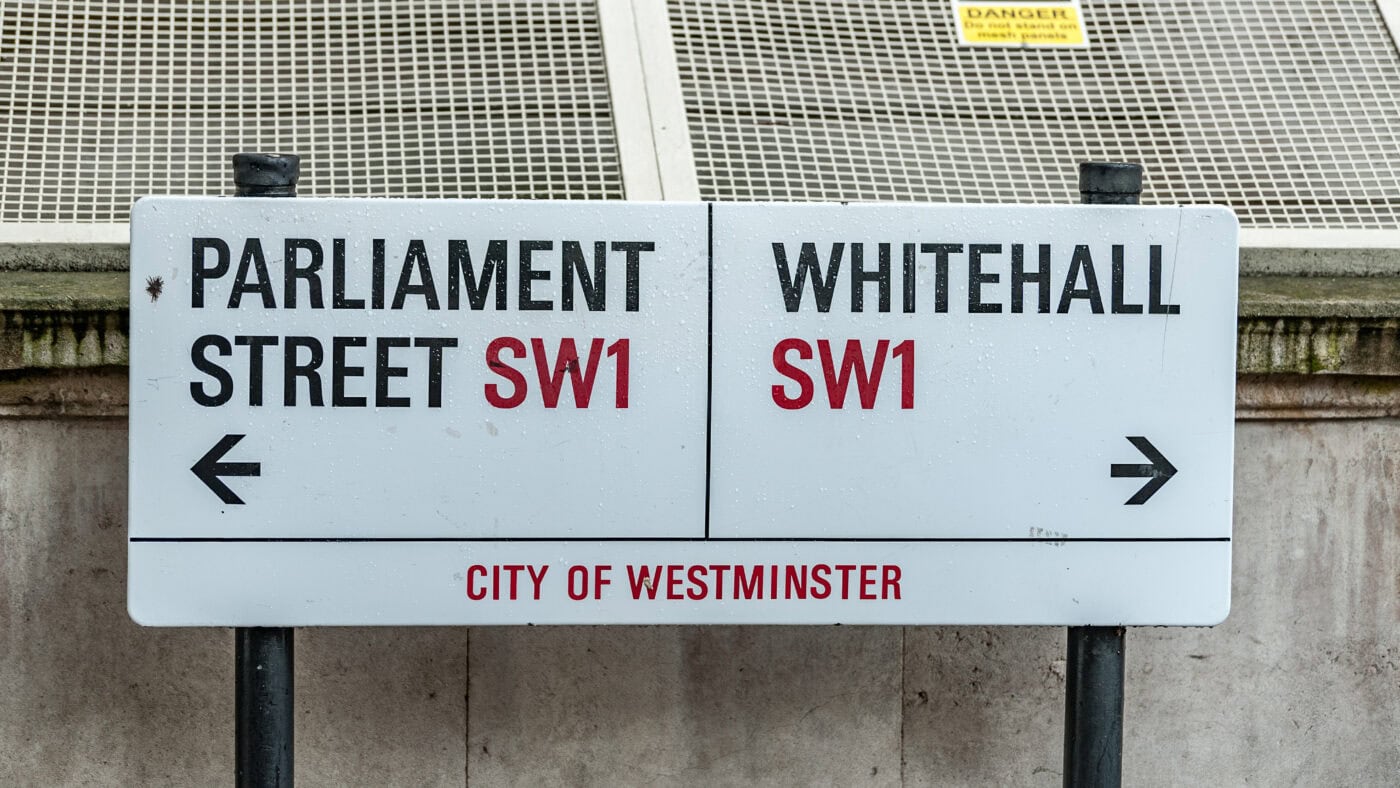When they enter office, US Presidents make over 4,000 political appointments. These range from high-profile roles such as the Secretary of State – the US equivalent of the Foreign Secretary – to the administrators of niche government agencies such as the Federal Motor Carrier Safety Administration, the trucking industry regulator.
With so many appointments to be made, the White House retains an 80-person Presidential Personnel Office to recruit candidates who could work for the administration.
This level of control over who leads government departments and agencies is alien to the UK. While a regime of public appointments does exist, it is primarily for oversight roles like board chairs. In the US, the President decides who develops and implements policy.
A system of political appointments like the US’s feels unimaginable in the UK. It seems to fly in the face of the Civil Service’s mantra of ‘impartiality’.
However, does it not strike you as strange that the Department of Work and Pensions – a department with 100,000 employees and a £170bn budget – has only nine political officials? These are the Secretary of State, five Junior Ministers, and three Special Advisers.
While lean management is in vogue, it is difficult to believe that so few people can effectively direct a department towards achieving the government’s policy objectives.
There is widespread frustration among current and former Conservative ministers that the Civil Service has prevented the government from achieving its aims. Some believe this is because of active attempts to thwart ministers’ plans, while others think it results from institutional ineffectiveness and complacency.
Regardless of your diagnosis, the cure is more political appointees. Appointing officials committed to the government’s vision for Britain ensures that their electoral mandate translates into action within departments. Politicisation should not be feared.
This new class of political appointees would sit below ministers and have specific policy or implementation directives. Their only responsibility is in the department; they have no constituency or parliamentary business to worry about. They would be appointed by and are accountable to their ministers, who are ultimately accountable to parliament.
Their purpose is to ensure government policy is driven at all levels of the Civil Service. The Civil Service’s hierarchical structure means ministerial directives often fail to trickle down. These appointees would be leaders operating within departments, compensating for ministers who just don’t have the time to get into the nitty-gritty of policy and delivery.
Reforms to the Civil Service like this echo Gordon Brown’s ‘government of all talents’. He brought in outside experts to better tackle the challenges of the day. Digby Jones, former Director-General of the CBI, was appointed as Trade Minister and Paul Myners, a City grandee, was made City Minister to help handle the Financial Crisis.
Both were made ministers via an appointment to the House of Lords. This practice continues today, with the Conservatives having ennobled some fantastic business leaders like Gerry Grimstone and Dominic Johnson to make them ministers.
However, the government can only bring in expertise by making someone a life peer. At the moment, a political appointment has to come with life membership of the bloated House of Lords.
This needs to change. Firstly, not everyone the government appoints should become a legislator for life. Secondly, many business people, policy experts, and community leaders who want to contribute to public life are put off by public scrutiny and media attention. This is unfashionable to say, but parliamentarians have tough lives. Their job never stops and involves receiving a large amount of abuse. Many people whose perspectives would be of great value in government don’t want to deal with such pressure.
Politics and the Civil Service remain entrenched in the view that jobs are for life. This is out of touch with contemporary ways of working; most young people have a portfolio of careers in multiple sectors. The introduction of political appointments paves the way for people to jump in and out of government, bringing fresh perspectives each time.
The Civil Service isn’t currently working. Productivity has been stagnant for decades. It has long needed reform. Introducing more political appointees won’t fix all the Civil Service’s problems. However, it will create constant internal pressure for the Civil Service to be more responsive to the government’s will. Political appointments are standard throughout the West; they work well in the US, France and Germany. If the Civil Service is to be fit for the challenges the UK faces, radical change is needed.
Click here to subscribe to our daily briefing – the best pieces from CapX and across the web.
CapX depends on the generosity of its readers. If you value what we do, please consider making a donation.


